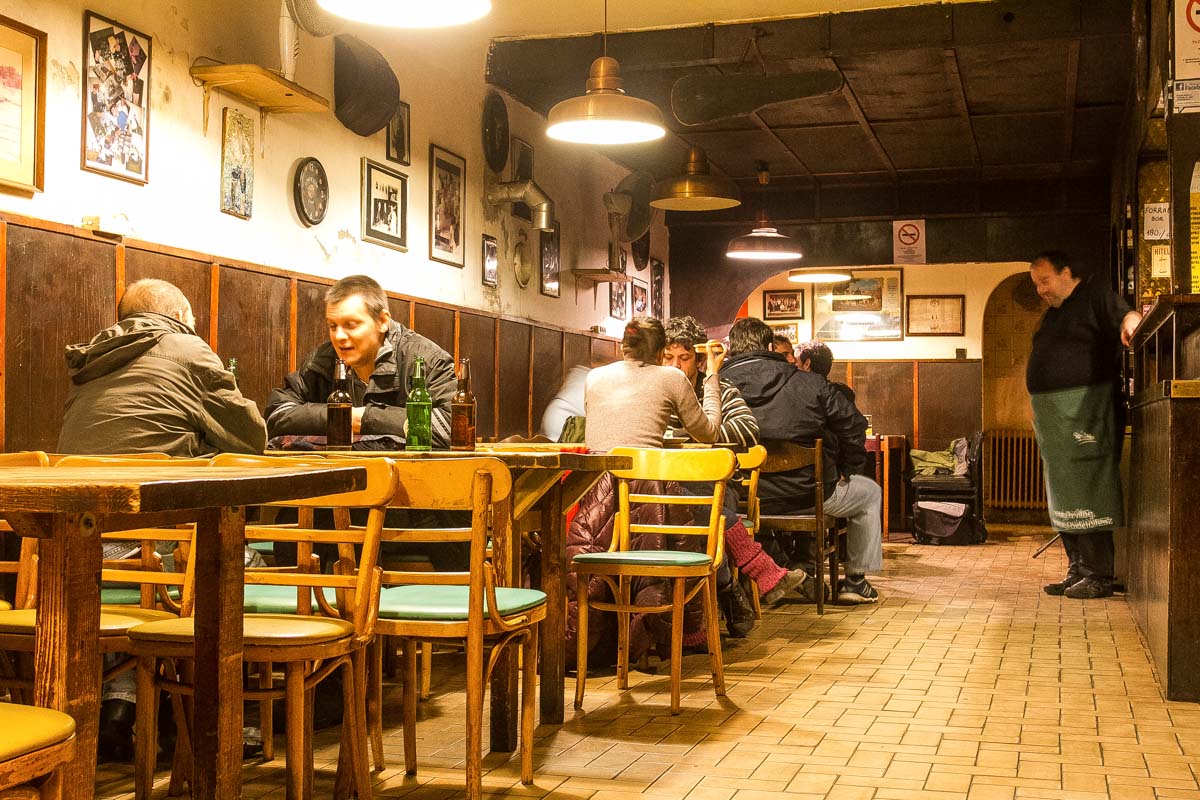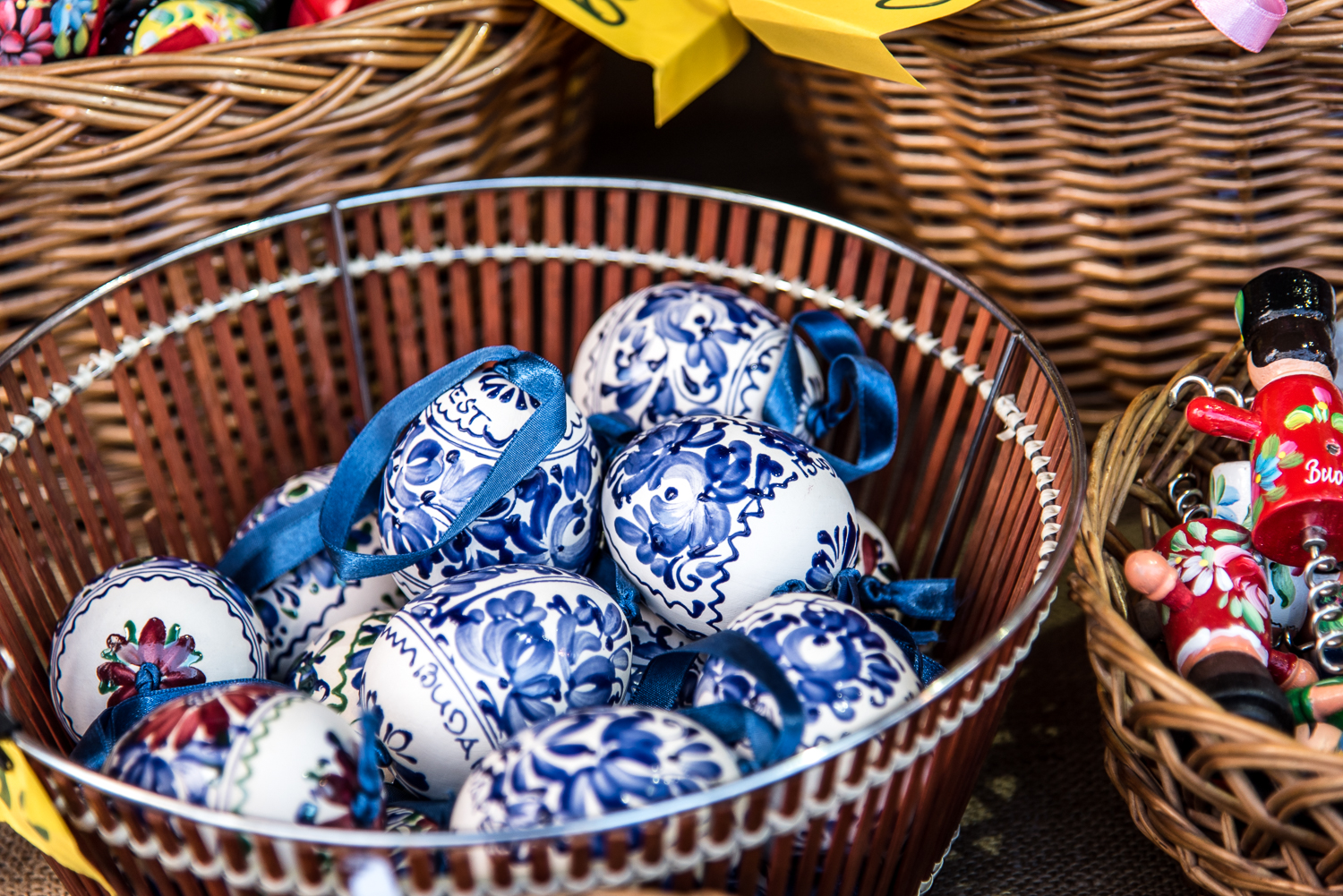The closure of legendary bar Wichmann in 2018 struck a chord with many locals and long-term expats. Run by the Olympic champion canoeist of the same name, also no longer with us, Wichmann was an authentic locale surrounded by the trendy new places of Budapest’s then burgeoning nightlife hub.
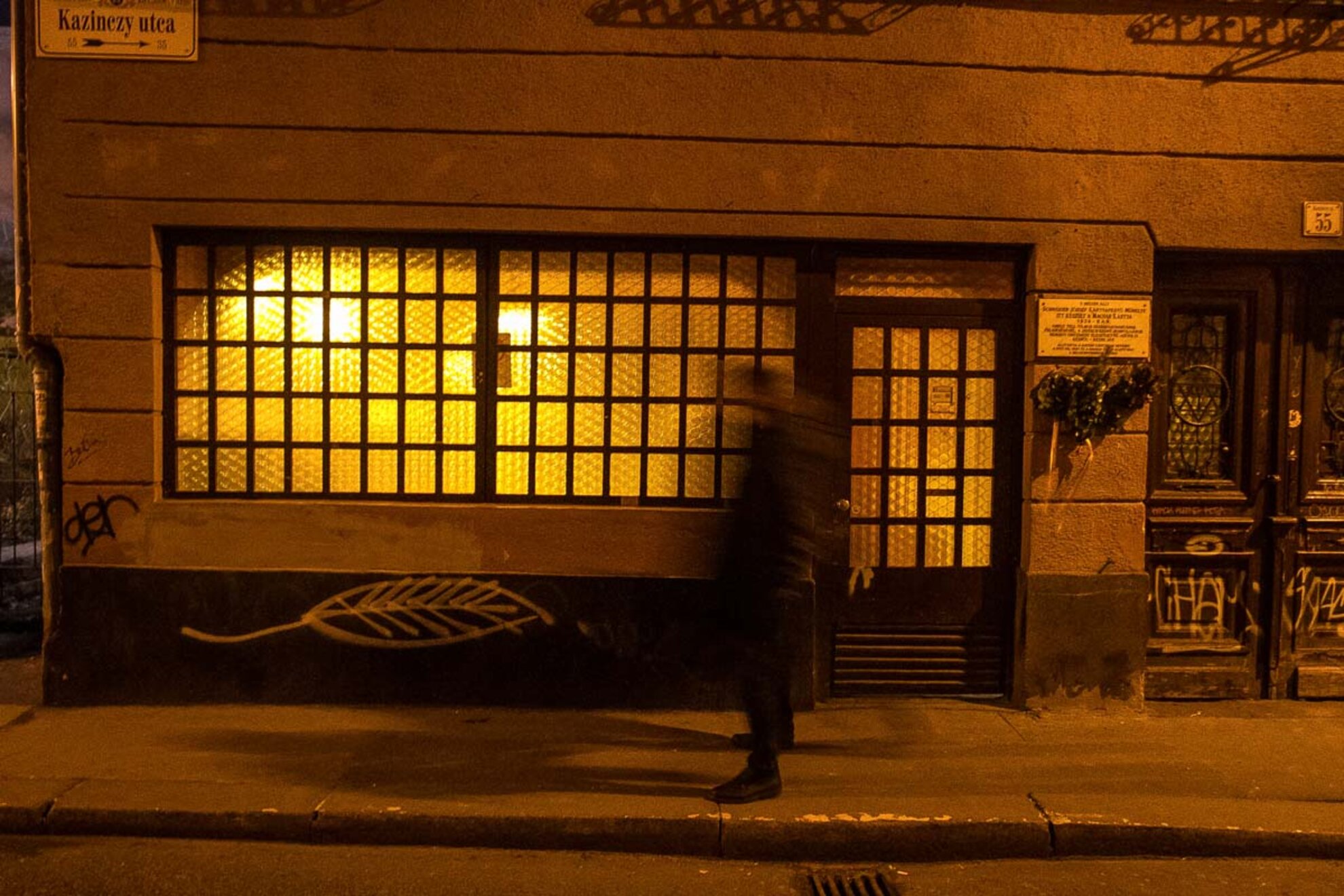
But its roots went back further. Wichmann was a rare beacon of light when it opened in 1986. The same year that Queen played Budapest and Maradona lifted the World Cup, Hungary’s capital was bereft of pubs and hostelries. Foreigners drank in hotel cafés, Hungarians drank at home.
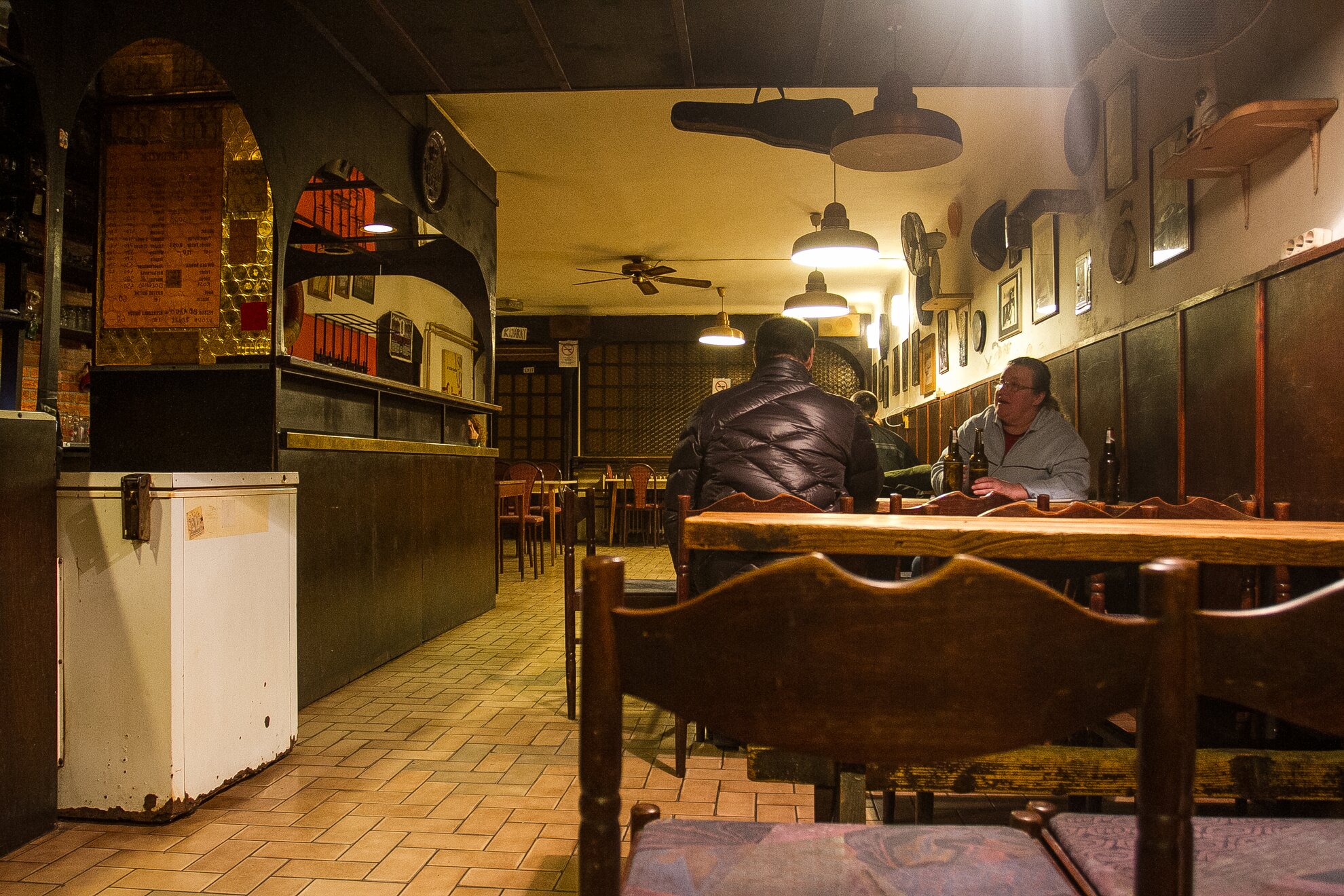
Four decades or more later, it still looked pretty much the same when it served its last drinks. In its place came a pizzeria, since swept away by the pandemic. Now a five-storey hotel is being planned, also taking over a couple of houses overlooking Király utca – it is not yet clear what is happening with the children’s playground on this corner.
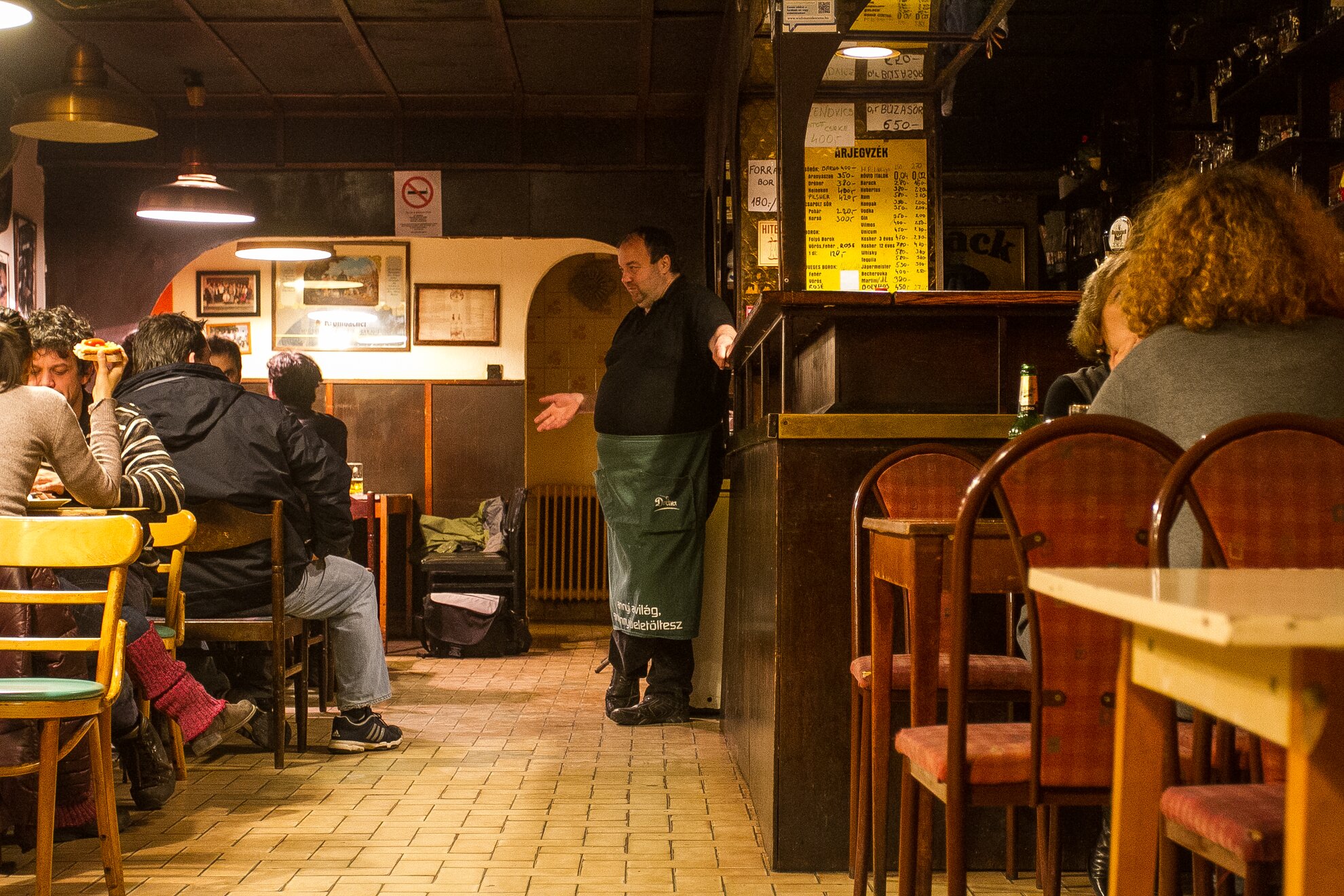
The plaque on the side of the Wichmann building is also of no little
historical significance, as it was here that József Schneider created the pack
of Hungarian playing cards in 1836.
Based on the Swiss ones featuring William
Tell, the figures on them represented key characters involved in Switzerland’s medieval fight
for independence.
While the censor would have prevented Schneider from using the
Hungarian counterparts of the day, packs were passed between revolutionaries
here as they prepared for the Uprising of 1848.
